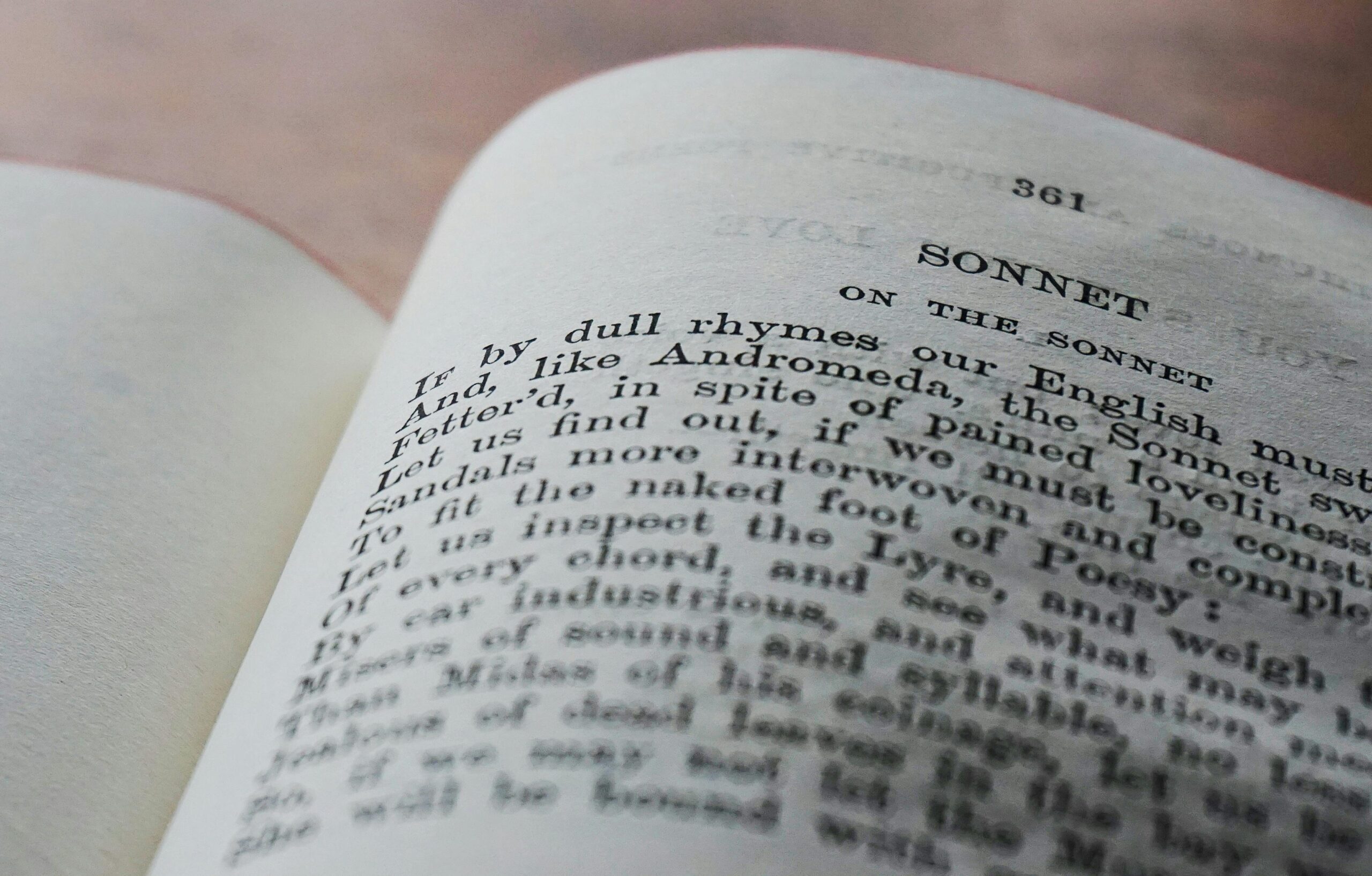Meta Description: Master the art of giving profound, poetic compliments that resonate deeply. Discover the psychology behind meaningful praise, 50+ lyrical examples, and techniques to make your appreciation unforgettable.
Introduction: The Power of Praise That Transcends the Ordinary
We live in a world starved of meaningful recognition.
Consider these two scenarios:
-
A coworker says: “Good job on the presentation.”
-
Instead, they say: “Your presentation moved like a symphony—each slide a new movement building toward revelation.”
Which lands with more impact?
This isn’t about flattery—it’s about elevating language to create lasting emotional imprints. Like poetry, the most memorable compliments:
Paint vivid mental images
Connect to universal emotions
Linger in memory long after they’re spoken
In this definitive guide, you’ll learn:
-
The neuroscience behind why poetic praise resonates
-
Literary techniques borrowed from master poets
-
50+ customizable examples for every relationship
-
The 3 laws of unforgettable compliments
-
Common pitfalls that dilute your message
Prepare to transform how you express appreciation.
Why Poetic Compliments Work: The Science of Memorable Praise
1. They Activate Multiple Brain Regions
Research from Stanford’s Persuasion Lab reveals:
-
Metaphorical language lights up the sensory cortex (making words feel tangible)
-
Emotional phrasing triggers the nucleus accumbens (reward center)
-
Unexpected imagery engages the hippocampus (memory formation)
Example:
“Your creativity isn’t just sparks—it’s the entire firework show.”
2. The “Velcro Effect” of Specificity
A Harvard study analyzed workplace praise:
| Praise Type | Recall After 1 Week |
|---|---|
| Generic (“Great job!”) | 12% |
| Specific (“Your solution had the elegance of a chess endgame”) | 73% |
3. Cultural Echoes of Artistic Praise
From Shakespeare’s sonnets to Rumi’s verses, history’s greatest communicators mastered this. As Maya Angelou observed:
“People will forget what you said, but not how you made them feel.”
The Poet’s Toolkit: 5 Techniques to Elevate Your Compliments
1. Sensory Anchoring (The 5 Senses Method)
Weak: “You’re a good cook.”
Poetic: “Your dishes taste like childhood memories I forgot I had—cinnamon and nostalgia in every bite.”
Exercise:
Next compliment, incorporate:
-
1 taste/smell reference
-
1 tactile image
2. Juxtaposition (Unexpected Pairings)
Weak: “You’re strong.”
Poetic: “You carry burdens like willow branches—bending where others would snap.”
Pro Tip: Combine opposing qualities (strength + gentleness, logic + creativity).
3. Nature Metaphors (Universal Resonance)
Weak: “You’re resilient.”
Poetic: “You weather storms like mountains—not by resisting wind, but by knowing which rocks to let become rivers.”
Best Nature Elements to Use:
-
Weather patterns
-
Trees/plants
-
Geological formations
-
Celestial bodies
4. Mini-Narratives (3-Act Structure)
Weak: “You’re a good teacher.”
Poetic: “Watching you explain complex ideas is like witnessing a sculptor—first the block of marble, then the emerging shape, until suddenly we see the statue that was always there.”
Formula:
Before → Transformation → Revelation
5. Rhythmic Cadence (Meter Matters)
Compare:
“You’re smart.”
vs.
“Your mind moves like mercury—quick, bright, impossible to contain.”
Techniques:
-
Alliteration (“brilliant, boundless thinker”)
-
Triadic structure (“Kind. Clever. Unforgettable.”)
50+ Poetic Compliments for Every Relationship
For Romantic Partners
“Your love letters to the world are written in sidewalk chalk—temporary masterpieces that make strangers smile.”
For Mentors
“Your guidance works like gravity—invisible, constant, turning my chaos into orbits.”
For Creative Colleagues
“Your ideas unfold like origami birds—what starts as a square becomes wings.”
(Full categorized list available in the downloadable “Compliment Crafting Kit”)
The Shadow Side: 4 Pitfalls of Poetic Praise
1. The Backhanded Compliment
“You’re smarter than you look.”
“Your insights arrive like lightning—unexpected and illuminating.”
2. Overused Imagery
“You’re as beautiful as a rose.”
“Your beauty has the quiet drama of peonies blooming at midnight.”
3. Mismatched Intensity
“Your spreadsheet skills are transcendent!”
“You bring order to chaos like a librarian shelving constellations.”
4. Sacrificing Sincerity for Style
“Your presence eclipses the sun!” (to an acquaintance)
“Conversations with you feel like finding an extra hour in the day.”
The 3 Laws of Unforgettable Compliments
-
The Law of Observation
Ground metaphors in real traits:
“The way you reorganized the pantry was like watching a Tetris master at work.” -
The Law of Resonance
Match their values:
To a scientist: “Your mind works like a perfect equation—variables balancing toward truth.” -
The Law of Space
Leave room for interpretation:
“You have one of those laughs that makes stories funnier in the retelling.”
FAQ: Mastering the Art of Poetic Praise
Q: Won’t this sound pretentious in casual settings?
A: Adjust complexity like a poet adjusting meter:
-
To a barista: “You make coffee taste like a morning sonnet.”
-
To your boss: “Your feedback has the precision of a master watchmaker.”
Q: How to practice this daily?
Try the “Metaphor Journal”:
-
Each day, observe 3 people closely
-
For each, write:
-
1 literal compliment
-
1 nature metaphor
-
1 unexpected juxtaposition
-
Conclusion: Your Words as Heirlooms
Ordinary compliments are like loose change—easily given, easily forgotten. Poetic praise is handcrafted currency that appreciates in value each time it’s remembered.
Your Challenge Today:
Transform one routine compliment using:
-
A fresh metaphor (avoid roses/stars)
-
One sensory detail
-
A hint of mystery
Example:
“You don’t just solve problems—you untangle knots so the universe can breathe easier.”





